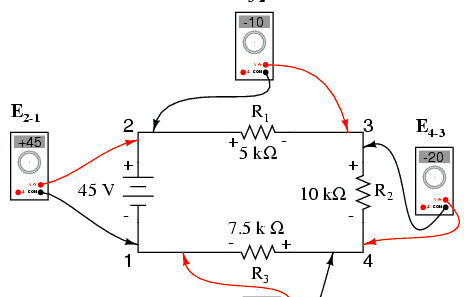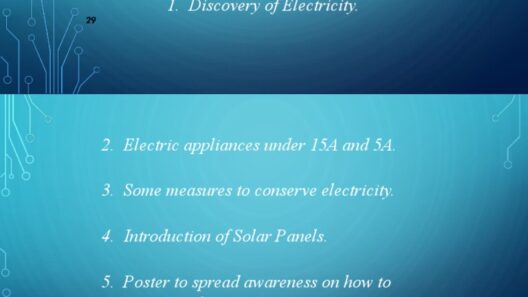The inquiry into whether energy is conserved within the framework of an expanding universe is a profound question with implications that reverberate through the realms of physics and cosmology. The concept of energy conservation is a cornerstone of classical physics, firmly rooted in the laws formulated by luminaries such as Newton and thermodynamic principles. However, as we shift our perspective to the vastness of the cosmos, we encounter complexities that challenge our traditional interpretations of energy conservation.
At its simplest, energy conservation suggests that the total energy of an isolated system remains constant over time. This tenet holds true in classical physics, where systems can typically be analyzed within defined borders and timeframes. Yet, in the context of cosmology, the universe is neither isolated in the same way nor does it operate within our conventional understanding of systems. As such, cosmologists have convened to dissect the nature of energy in an expanding universe.
One primary driver of cosmic expansion is the phenomenon of dark energy—a mysterious form of energy that permeates all of space and tends to accelerate the universe’s expansion. This enigmatic component introduces an intricate layer to our understanding of energy dynamics. If dark energy is indeed an ever-present force exerted throughout the cosmos, what implications does it have on the conservation of energy?
In standard physics, energy can transform between forms, but the total energy should remain constant. However, in an expanding universe, the parameter of “space” plays a pivotal role. As the universe expands, the fabric of space itself stretches. This raises the question: is energy conserved when photons travel through this expanding space? As light travels, its wavelengths elongate—an effect known as redshift. This results in the photons losing energy even as they traverse vast distances. Such redshift challenges traditional views, as it suggests the energy carried by radiation diminishes over cosmic time scales.
Moreover, in a universe dominated by dark energy, the situation becomes increasingly convoluted. The dynamic expansion of space means that, as energy dissipates in the form of redshifted photons, new energy may be produced or perceived to arise from the empty vacuum. This apparent paradox complicates our understanding of energy conservation. Some theoretical frameworks posit that the energy associated with dark energy could be counteracting the energy lost from redshifted photons, leading to a net energy balance over cosmic timescales. However, this remains a speculative hypothesis rather than an established law.
To contextualize further, we must also consider the role of gravitational forces in the grand scheme of the universe. Gravity, acting on massive bodies, can influence the kinetic and potential energy of celestial objects. In different regions of the universe, energy may appear conserved locally, but global conservation becomes an elusive concept when accounting for large-scale expansion and interactions between matter and dark energy. The interplay of gravitational fields can cause complex behaviors, such as gravitational waves, which provide additional avenues for energy transfer and transformation.
Throughout history, cosmologists have posited numerous theories to explain the behavior of energy within the cosmos. General relativity, formulated by Albert Einstein, reshaped our understanding of gravity and cosmological phenomena. However, integrating general relativity with quantum mechanics—specifically how they pertain to energy—remains one of physics’ greatest challenges. When probing extremes like black holes or the Big Bang, do our understandings of energy wholly break down? The concept of singularities suggests that existing laws of physics falter in the presence of infinite density, leading to a realization that energy conservation, as a principle, might lose coherence under certain conditions.
Furthermore, one cannot overlook the implications of thermodynamics in an expanding universe. The second law of thermodynamics posits that entropy, or disorder, tends to increase over time in a closed system. As the universe expands, its thermodynamic properties allow us to examine how energy is distributed and transformed. Entropy increases signify that energy becomes less useful for doing work—a scenario that resonates with the expansive nature of the cosmos.
Nevertheless, intricate cosmological models have emerged, attempting to reconcile these paradoxes and provide a coherent understanding of energy conservation. The cyclical universe theory, for instance, posits a model where the universe undergoes infinite cycles of expansion and contraction. In this perception, one might argue that energy does not merely dissipate but is reincarnated in subsequent cycles. Each contraction delivers energy back to the singularity, proposing intriguing solutions to the conservation conundrum.
Moreover, future explorations in quantum field theory and its manifestations on cosmic scales may yield groundbreaking insights into these dialectics. Emerging concepts such as energy-matter equivalence and vacuum fluctuations underscore the complexity of the cosmic energy landscape. Until real data and empirical validation arise, the debate will continue to thrive—navigating the delicate balance between empirical observations and theoretical conjectures.
In conclusion, the interrogation of energy conservation in an expanding universe remains a canvas painted with uncertainty and tantalizing perspectives. As the universe unfolds and new discoveries emerge, one can only hope for clarity amidst the chaos of an ever-expanding cosmos. Whether energy is conserved, transformed, or even created in the vast voids of space may ultimately lead scientists to revise our understanding of the very fabric of reality. The intricacies of energy in the universe symbolize a frontier of knowledge that awaits exploration—a tantalizing invitation to delve deeper into the enigmatic forces that govern existence.








